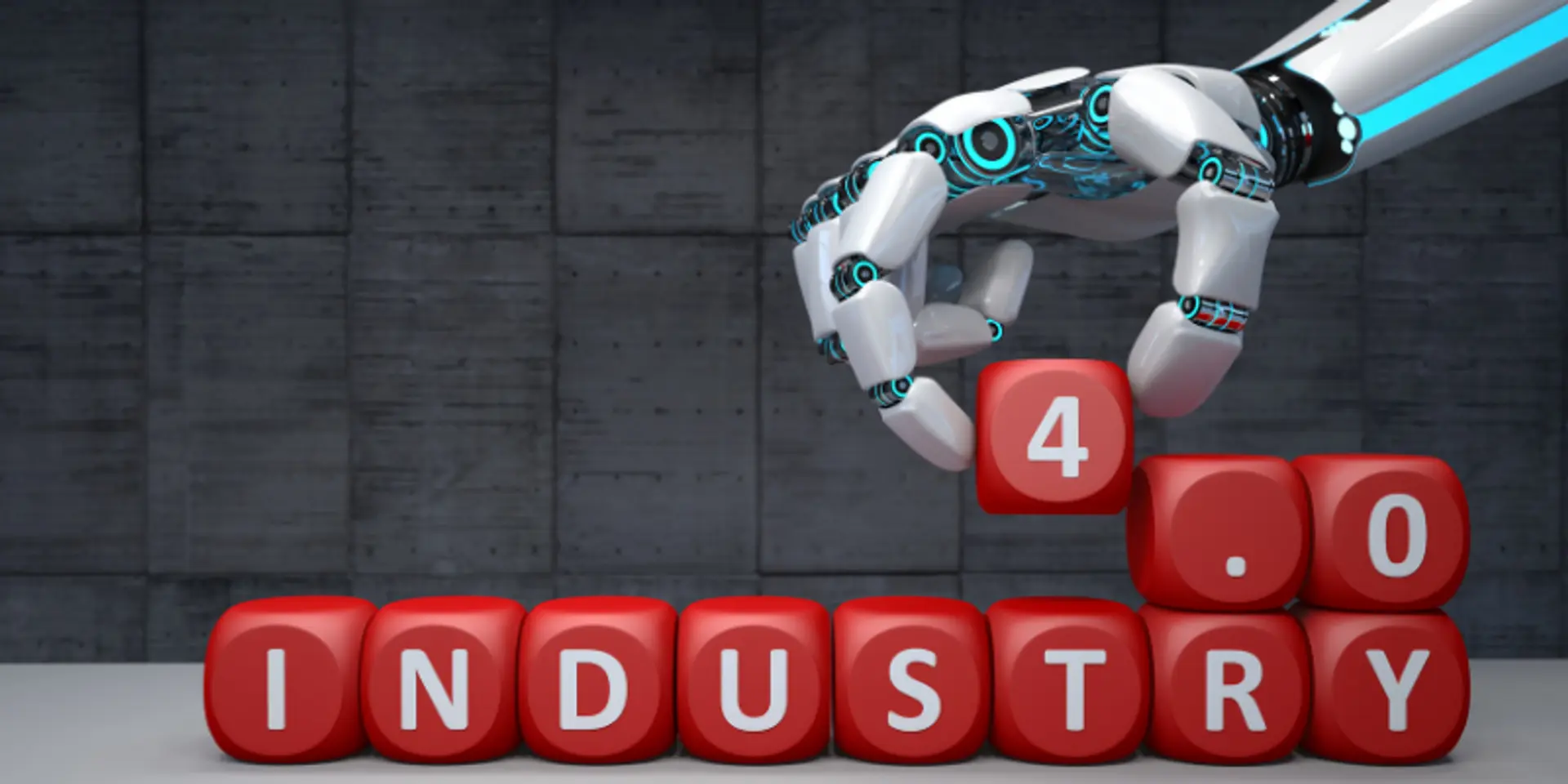Tech revolution preparedness, a key to build the workforce of tomorrow
Skilling is crucial to ride the technology wave that is powering Industry 4.0 and bringing digital transformation in its wake to help businesses stay ahead of the curve.
India as a nation is in the midst of a transition into the digital world and it is very interesting to know that we are creating up to $1 trillion of economic value from the digital economy in 2025, with about half of the opportunity coming from new digital ecosystems that can come up in diverse sectors of the economy.
While we are gearing up to harness the above opportunity, Covid-19 has taught us many things and one of the most important one is the need to adapt quickly, learn continuously and have the ability think on one’s feet. Business dynamics across sectors have changed dramatically and expectations from current and future employees are increasing by the day, which, if not handled well can turn out to be far more complex.
The World Economic Forum in its recent report predicted that at least 54% of all employees will require upskilling or reskilling by 2022 owing to technological changes which are happening at a rapid pace. Therefore, it is crucial to manage the transition well. Many corporates in India have leveraged these times to engage their employees with continuous learning and this investment in Learning & Development (L&D) is here to stay.
Recognising the potential of technology to achieve business growth and sustenance
Industry 4.0 coupled with technological advancements has made many manual jobs redundant and unless one keeps pace with technology, some of the existing jobs could also be under threat.
Technological advancements are likely to have a positive impact on business in terms of productivity, access to new segments and markets, superior customer experience and also impact profitability positively.
COVID-19 has pushed the boundaries of tech innovation and adoption of remote work place for many businesses to survive. Those industries which adopted remote working much earlier not only survived but also thrived in this situation. Times have also changed for the education industry during the pandemic, leading to ed-tech revolution. Education sector has no option but embrace technological advancement to transform, stay relevant and ensure business continuity. Now we see the perception changing, adoption of online courses and more engagement from learners and trainers to make the learning process enriching and fulfilling.
With the organisations across all sectors focused on the digital strategy to drive improvements in customer experience and operational process, it is imperative for workforce or individuals to be aware of changes that technology can bring in their respective business verticals with Industry 4.0.
To quote an example, agriculture as an industry is using smart technology to increase productivity leading to better yields. Professionals across agriculture industry therefore need to be aware of the impact of technology on their business and stay relevant. Government is also reaching out to the farmers through its various initiatives and helping them benefit from technology. Health care is another example of how technology is used to reach out to people in remote areas to deliver quality medical care.
It is also interesting to know how technologies are complementing each other and the level of integration among them. To cite an example, Artificial intelligence (AI), Internet of things (IoT) and Blockchain lend themselves to integration so well that IoT devices are providing input to most AI models.
While technological innovations provide necessary business growth and sustenance, it is vital to also understand its nuances that include benefits, technical components and, most importantly, the challenges. Understanding the technology can help in maximising business benefits, while being aware of the associated risks to ensure security.
Cyber risks are extremely high now than ever before, with almost seven lakh cyber-attacks occurring in India within a span of just one year. Phishing, malicious emails, and password leaks are all too common amongst small and large businesses.
While digitisation and automation led by technology is leading the way to the next stage of revolution, corporate/SME bodies and individual users of technology are increasingly prone to cyber-attacks. One needs to be aware about the consequences of such attacks and equip themselves in the best possible manner through cyber security measures.
Tech skilling to enable job security
The list is endless and therefore it is important for professionals across sectors to acquire fresh skills or upskill themselves to contribute meaningfully and secure their jobs. In today’s digital world, ed-tech companies have made the job easy for professionals to acquire basic knowledge depending on the role they play in the organisation.
The programs are unique and customised and allow learning based on the individuals professional needs. You don’t essentially have to be a programmer to understand the impact of Blockchain or IoT on your business. One doesn’t need a high level of technological aptitude; however, it is key to integrate domain knowledge with technology awareness and the changes thereof.
What’s more interesting today is that technology is not limited to individuals from specific educational background – you could be commerce or an arts graduate and still play a very important role when it comes to acquiring Industry 4.0 skills and be a part of the tech revolution. However, the only limiting factor could be resistance to change and not being proactive to upskill or reskill.
With the constant change that we face today across the globe, embracing change is a necessity to utilise the plethora of opportunities.
Some of the initiatives taken by the government in bringing in coding and concept-based learning in early schooling can go a long way in bringing in early stage awareness and make India a potent force in the global stage of tech revolution.
With India’s vision become $5 trillion economy by 2026-27 and an emerging power thereafter, both employers and job seekers have an equally important role to play. Planned learning interventions leveraging the power of technology across sectors is essential to be prepared for what future holds.
(Disclaimer: The views and opinions expressed in this article are those of the author and do not necessarily reflect the views of YourStory.)





